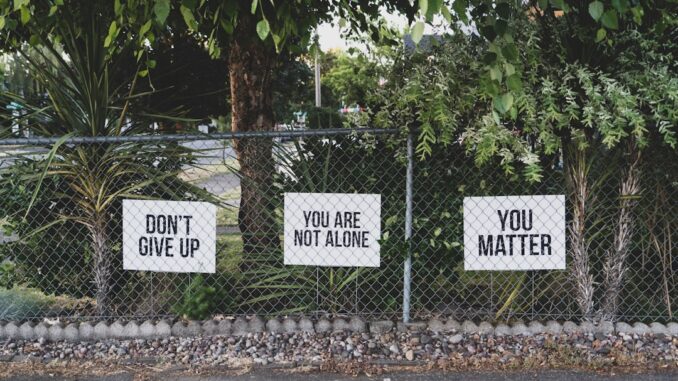
In a candid address at the Rx and Illicit Drug Summit in Nashville, Tennessee, U.S. Health Secretary Robert F. Kennedy Jr. recounted his 14-year struggle with heroin addiction, beginning in his teenage years. He described the profound emptiness he felt, likening it to a ‘hole inside of himself’ that he sought to fill through substance use. This personal revelation underscored his belief that addiction is both a source and a symptom of deeper misery. Kennedy’s journey to recovery was marked by a spiritual awakening, inspired by the writings of Swiss psychiatrist Carl Jung, which led him to reconnect with his Catholic faith and engage in 12-step programs like Alcoholics Anonymous. He emphasized that addiction is not merely a personal failing but a complex interplay of individual, familial, and societal factors. Drawing from his experiences, Kennedy advocates for a multifaceted approach to addiction prevention and treatment. He argues that focusing solely on treatment isn’t enough; prevention must come first. Strengthening family bonds, friendships, and community ties are crucial in this effort. He noted, ‘We have this whole generation of kids who’ve lost hope in their future. They’ve lost their ties to the community.’ To address this, Kennedy proposes several initiatives: banning cellphones in schools to encourage face-to-face interactions, restoring extracurricular programs to engage youth meaningfully, building local volunteer networks to foster a sense of purpose, and partnering with faith-based and community organizations to provide supportive environments. While acknowledging the importance of medication-assisted treatments like Suboxone and methadone, Kennedy places greater emphasis on restoring familial and spiritual bonds. He believes that rekindling hope and community for youth is essential in combating addiction. Critics, however, have raised concerns about the feasibility and scientific basis of Kennedy’s proposed ‘healing farms.’ These therapeutic communities, inspired by historical models, aim to provide a drug-free, labor-focused environment for recovery. However, some experts question their effectiveness and the lack of scientific evidence supporting such approaches. Despite these critiques, Kennedy remains steadfast in his commitment to addressing the addiction crisis through a combination of prevention, community engagement, and innovative treatment models. His personal journey serves as a testament to the possibility of recovery and the importance of a supportive community in overcoming addiction.


Be the first to comment